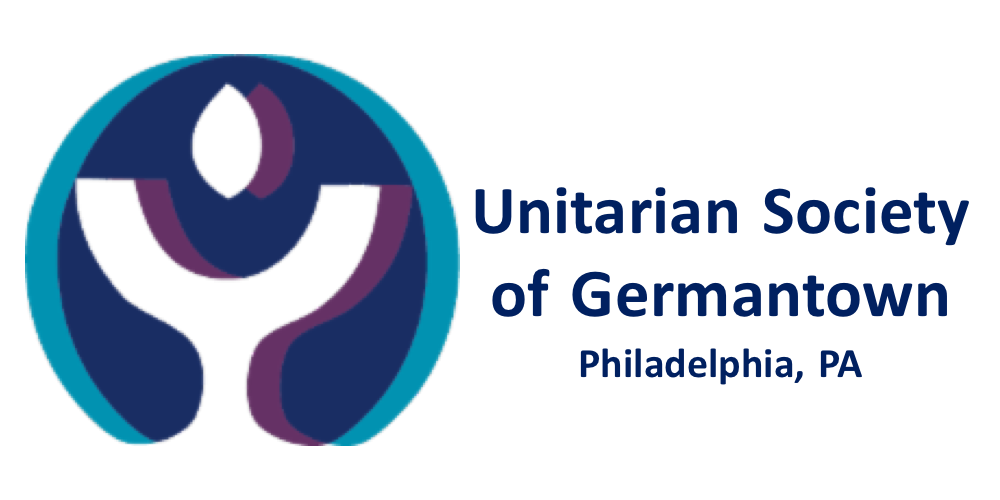SGM October 2016 Theme: Memory
Chalice Lighting
We receive who we are before we choose who we will become. ~ Rebecca Parker
Check-in Share briefly what’s been on your mind lately or your highs and lows since we last met and also your first memory (see Spiritual Exercise 1.) We will listen to each other without asking questions or offering advice to allow people the safety to share what’s in their hearts.
Readings
The best stories have many meanings; their meaning changes as our capacity to understand and appreciate meaning grows. Revisiting such stories over the years, one wonders how one could not have seen their present meaning all along… We carry with us every story we have ever heard and every story we have ever lived, filed away at some deep place in our memory. We carry most of those stories unread, as it were, until we have grown the capacity or the readiness to read them. When that happens they may come back to us filled with a previously unsuspected meaning. It is almost as if we have been collecting pieces of a greater wisdom, sometimes over many years without knowing. ~ Rachel Naomi Remen
Think about the way you arrange your own memories, distill them, rework them, perfect them even—and not always by making them more faithful to the facts. Who we are today is in large measure determined by what we choose to remember and how we choose to remember it. We endow our past with significance by selectively keeping certain memories and stories alive, refreshing them, commemorating them, passing them down to our children – our failures and disappointments as well. We condense them into lessons, learning more from them over time than they originally had to teach. We tend to think of our parents differently when we ourselves become parents, for instance. We may then choose to replace tattered memories of them formulated when we were younger with new, happier memories from just as long ago. Meaning comes from fashioning and refashioning our memories into a coherent pattern. Not all coherent patterns are equally conducive to our happiness, of course. We can choose to keep alive only memories that darken the present with their shadows. The most healthy among us—by which I mean most whole, most fully reconciled with ourselves, with others, and with the ground of our being—neither repress bad memories or dismiss good ones, but rather organize our past in ways that prove most conducive to balance, reconciliation, and hope.
~ Rev. Forrest Church, from a sermon titled Memory and Meaning
Spiritual Exercises
- Re-Connect with Your Earliest
Come ready to share your earliest memory. Don’t over-think it. It need not be your most profound memory, just your earliest one. Consider including this memory in your check in.
For inspiration visit this website: http://www.exploratorium.edu/memory/earlymemory/index.html
- Is there a memento that needs to be front and center?
Some people hold onto mementos that hold their holiest memories and help to maintain the precious link to cherished values, relationships, or aspirations. But those mementos—and their associated values—have a way of getting knocked off the mantle or tucked away in a dusty closet. We lose touch. We forget. Spend some time this month dusting off a treasured object and getting it back into clear view, reconnecting with the values, relationships, or aspirations it brings into focus for you. If you want, bring the object with you to your SGM meeting, and share what value, story, dream, or relationship the object helps you remember. - Pass on a Memory that Matters
Samuel Johnson said, “The two offices of memory are collection and distribution.” This third exercise engages you in “distribution.” Johnson is right; we are all caretakers of memories, not just collectors of them. In most cases, memories aren’t just ours; they are memories that we received and are meant to pass on. For instance, a piece of family history or Martin Luther King’s dream speech or some hard worn wisdom that life gave you and that you feel compelled to pass down to your children so they are spared “learning the hard way.” Figure out a way to pass on a treasured memory. Come to your Small Group Ministry meeting ready to share your memory and how the process was for you. Did anything surprise you? Was it more joyful than you expected? Was it harder? Or more painful? More complicated?
Questions:
- How does reconnecting with your earliest memory make you feel?
- How often do the ways in which you configure your memories add to your happiness?
- What is an example of the way one of your stories has changed?
- Is there a memento that needs to return to the “front and center” of your life and why?
Sitting in Silence Take a few moments to sit quietly and reflect upon your thoughts.
Sharing/Deep Listening Respond with your thoughts/experiences with the topic.
Reflection This is a time to respond briefly to something another person said or to relate additional thoughts that may have occurred as others shared.
Singing 3rd verse of We laugh, We Cry #354, Singing the Living Tradition
Our lives are full of wonder and our time is very brief. The death of one among us fills us all with pain and grief. But as we live, so shall we die, and when our lives are done, the memories we shared with friends, they will linger on and on. And we believe in life, and in the strength of love; and we have found a place to be together. We have the right to grow; we have the gift to believe that peace within our living is the answer.
Extinguishing the Chalice
The past is never dead, it is not even past. ~William Faulkner

